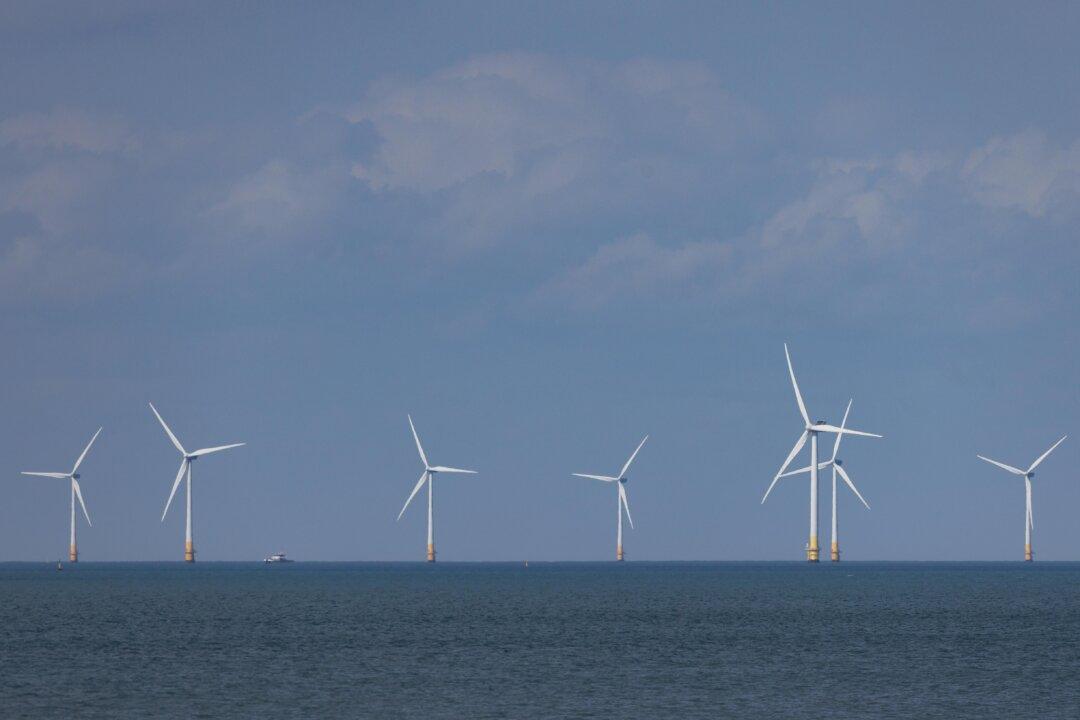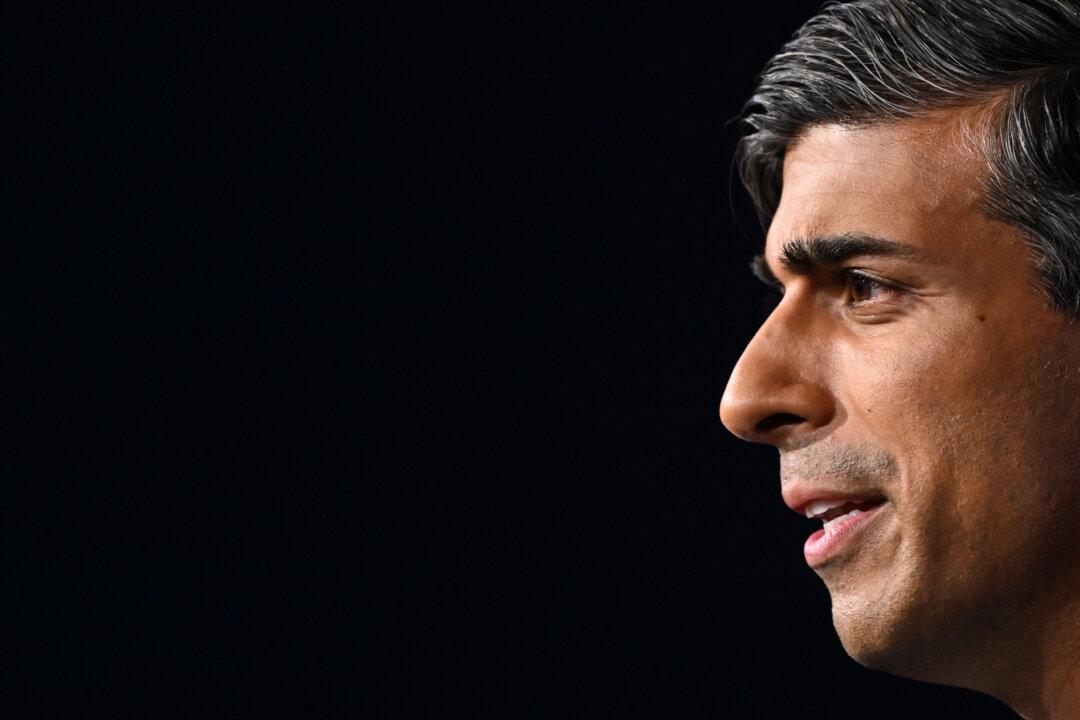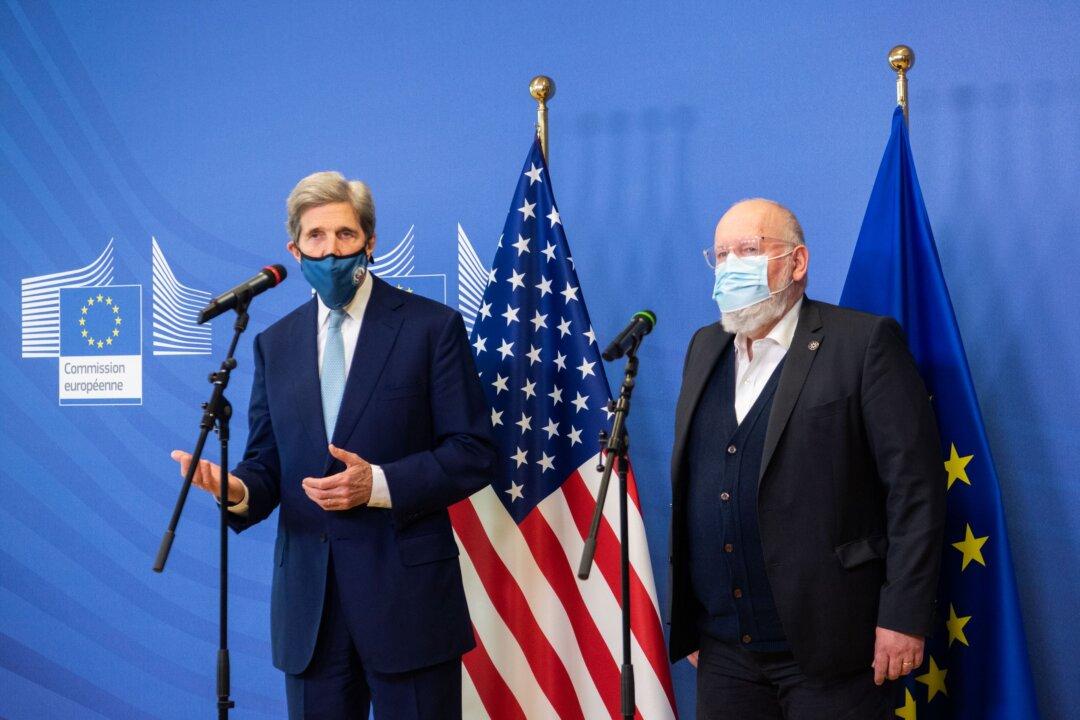Commentary
The administrative state will get a new lease on life under President Joe Biden, but America’s administrative state is far more constrained than that of many other countries. Britain, for example, wrote its net-zero climate target into law after only a 90-minute debate in the House of Commons, without any examination of what the cost might be. Arguably the European Union is an administrative state, where the unelected European Commission proposes legislation, enforces it, and even levies billion-euro fines on companies without so much as a court hearing.





